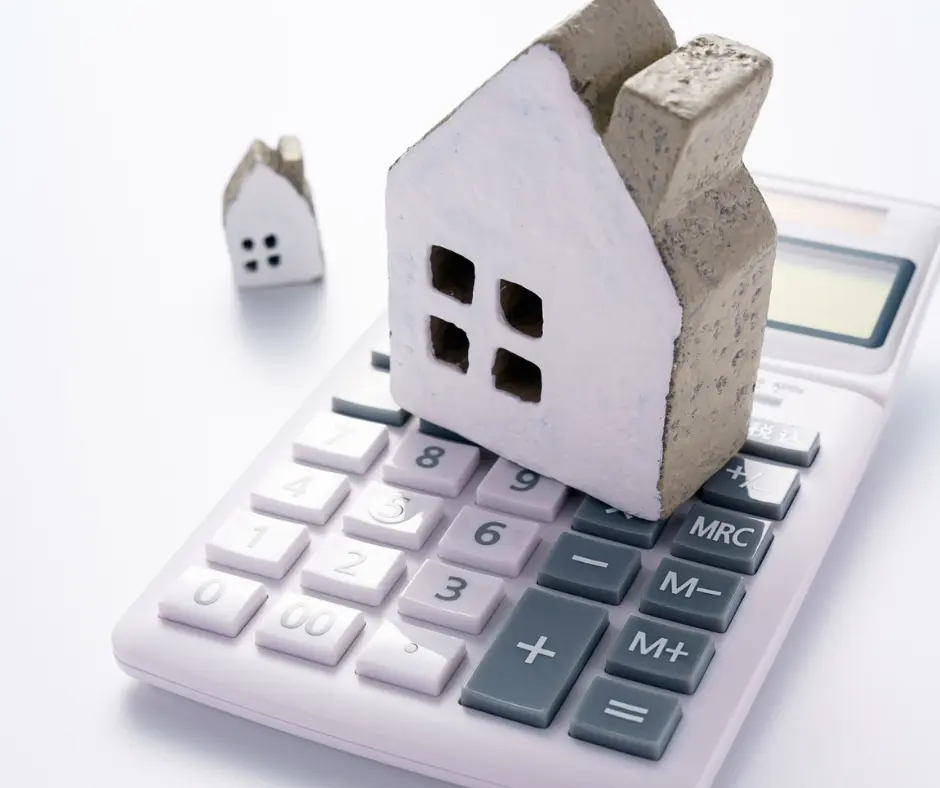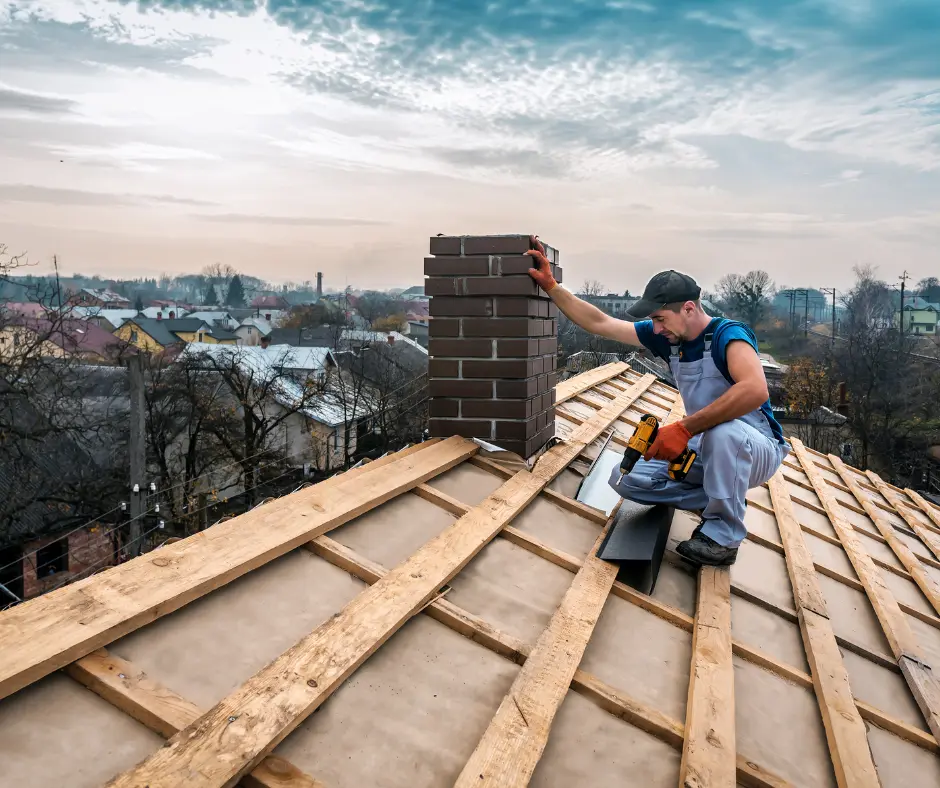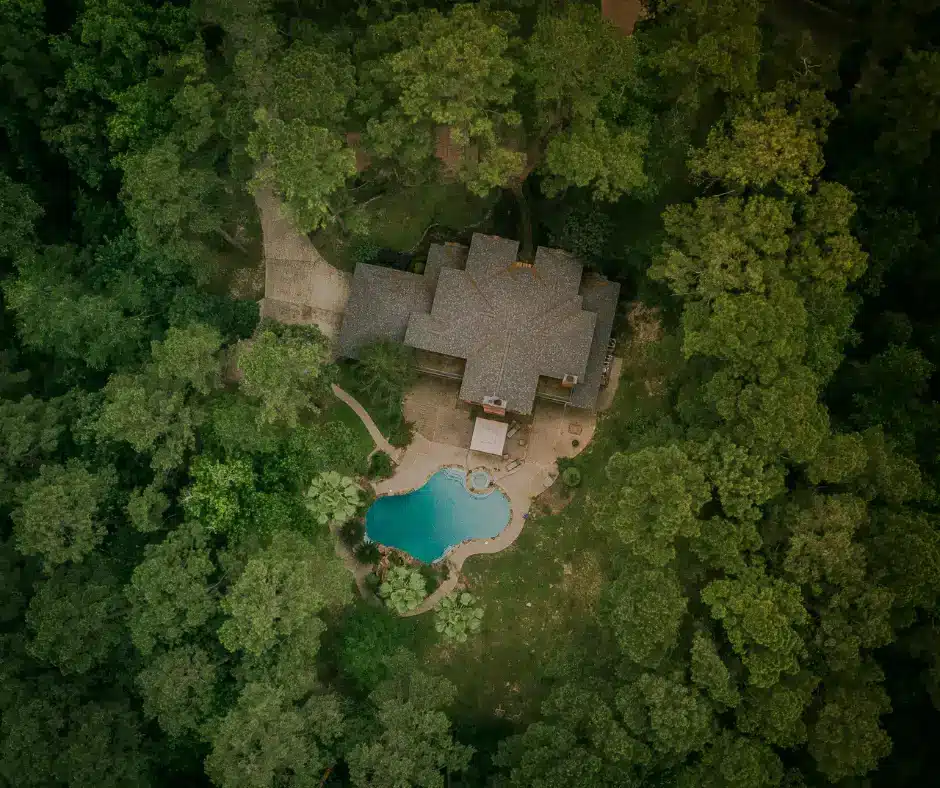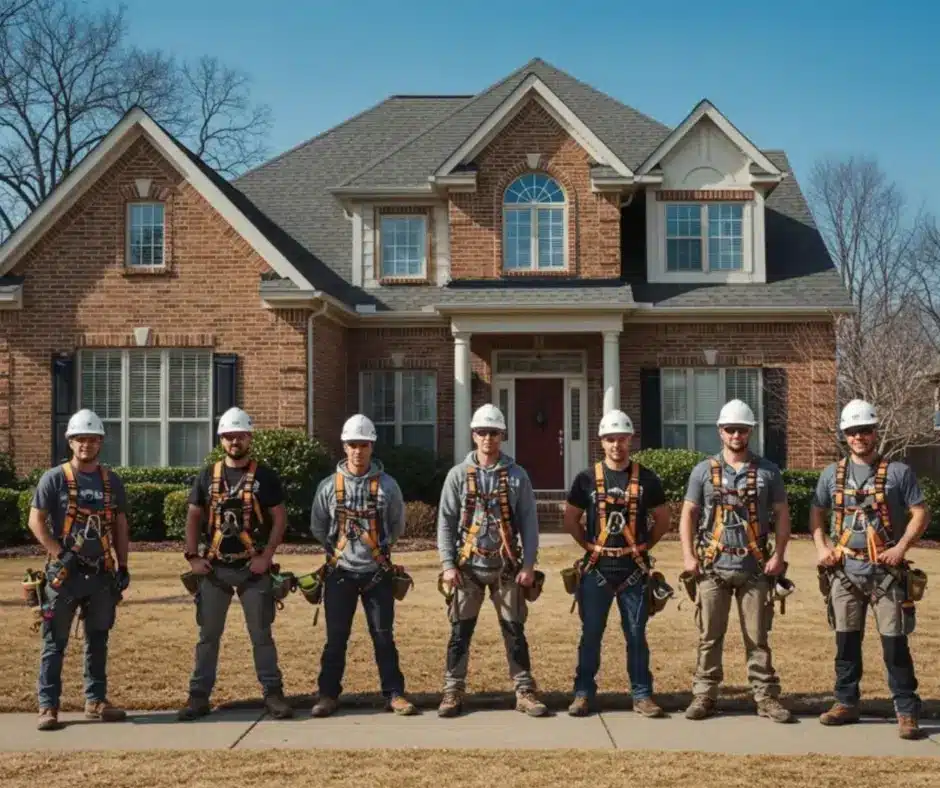Is Roofing Contractor Financing a Good Deal?

With roofing costs in Winnipeg ranging from $8,000 to $25,000, many homeowners consider roofing contractor financing to manage this significant expense. This option allows you to spread payments over time rather than paying up front. However, understanding the terms before signing is crucial, as interest rates vary significantly and some contractors mark up their financing costs.
Key Takeaways
- Compare rates carefully: Winnipeg homeowners often find better interest rates through their own financial institutions, especially with good credit
- Best for emergencies: Roofing contractor financing works well for urgent repairs when you need immediate work and lack cash reserves
- Read the fine print: Some companies mark up material costs or add hidden fees to offset low financing rates, potentially making the total project more expensive than paying upfront
Understanding Roofing Contractor Financing
Roofing contractor financing allows you to spread the cost of major roof repairs or replacements over time instead of paying everything up front. Your contractor partners with lending institutions to provide payment plans directly at the point of sale, letting you start work immediately while managing monthly installments that fit your budget.
How It Works
You submit a financing application directly to your roofing contractor, who forwards it to their lending partner. Most applications receive decisions within 24 to 48 hours. Once approved, you review and sign the loan agreement, and work begins immediately.
The lender pays your contractor directly upon project completion or according to milestone payments. Your first payment typically starts 30 to 45 days after work finishes. Some lenders require a down payment of 10% to 20%, while others offer zero-down options for qualified borrowers. The entire process, from application to project start, often takes less than one week.
Common Misconceptions
Many believe roofing contractor financing only serves people with poor credit, but financially stable homeowners also use these programs to preserve emergency funds. Another myth suggests that paying cash always gets better pricing, but contractors build their pricing models around financing availability, so cash discounts rarely exceed 3% to 5%.
Some think financing locks you into one contractor, but you can get pre-approved with multiple lenders before choosing your roofer. Not all roofing contractor financing carries high interest rates—programs with promotional periods actually offer 0% APR for 12 to 18 months if you meet credit requirements.
The Costs of Roofing Projects
Average Pricing
Winnipeg homeowners typically pay between $8,000 and $15,000 for a complete roof replacement on an average-sized home. This sits lower than Toronto or Vancouver markets, where similar projects can exceed $20,000.
Cost Factors
Material selection drives your final bill more than any other factor:
- Asphalt shingles cost $3.50 to $5.50 per square foot installed
- Metal roofing ranges from $9 to $14 per square foot
- Steep slopes require additional safety equipment and labor
- Multiple valleys, chimneys, and skylights increase installation time by 20% to 40%
Labor costs fluctuate with seasonal demand, peaking during summer months. Peak season rates run 15% to 25% higher than off-season pricing. Each additional layer removal adds $1 to $2 per square foot, and disposal costs average $300 to $600.
Long-term Considerations
Choosing cheaper materials saves money upfront but costs more over time. A basic asphalt roof lasts 15 to 20 years, while premium options extend to 30 or 50 years. Metal roofing reflects heat and reduces cooling costs by up to 25% during summers, while better insulation cuts heating expenses throughout harsh winters.
Higher-quality materials resist extreme temperature swings better than economy options. Freeze-thaw cycles damage cheaper shingles faster, leading to premature repairs or replacement. Investing more initially often reduces the total cost of ownership over 30 years.

Why Homeowners Seek Financing
Financial Pressures
Winnipeg homeowners face mounting financial pressures as property values climb while household savings rates remain stagnant. Rising interest rates have further strained budgets, making it harder to build emergency funds needed for unexpected roofing expenses.
Immediate Needs
Storm damage and winter ice buildup create roofing emergencies that demand immediate attention, regardless of financial readiness. Your financial preparedness often fails to align with the actual condition of your roof. Severe weather can cut a typical roof’s timeline short by five years or more, creating a gap between available funds and actual costs.
Deferred Maintenance Risks
Delaying roof repairs to save money often triples or quadruples the eventual costs compared to the original estimate. A small leak ignored for six months can compromise attic insulation, rot wooden framing, and create mold problems. Winnipeg’s freeze-thaw cycles accelerate this deterioration, turning minor issues into major structural problems within a single season.
Insurance companies may deny claims for damage resulting from deferred maintenance, leaving you responsible for both the original repair and all consequential damage.
Financing Options Available
In-house Financing
Many Winnipeg roofing companies partner with financial institutions to offer on-the-spot financing approval. You complete the application during your estimate appointment and often receive a decision within minutes. These programs typically feature promotional periods with 0% interest for 6 to 18 months, though deferred interest applies if you don’t pay the balance in full.
Third-party Solutions
Banks, credit unions, and online lenders provide roofing loans independent of your contractor choice. Credit unions like Steinbach Credit Union and Assiniboine Credit Union often beat big bank rates by 1-2%. Online platforms process applications in 24 hours with competitive APRs for borrowers with good credit.
Third-party lenders give you negotiating power since you’re essentially a cash buyer from the contractor’s perspective. The application process takes longer, requiring income verification, credit checks, and sometimes property appraisals.
Home Equity vs. Personal Loans
Home equity loans secured against your property and deliver lower interest rates, usually 3-4% below personal loans. You need at least 20% equity and face closing costs between $300 and $1,000. Personal loans require no collateral and close faster, but carry higher rates.
Home equity lines of credit (HELOCs) offer flexibility since you draw only what you need. Personal loans work better for smaller projects under $10,000 or when you lack substantial equity.
Pros of Roofing Contractor Financing
Upfront Cash Flow
You can address emergency roof damage without depleting savings or emergency funds. Most financing programs require little to no down payment, allowing you to keep $5,000 to $15,000 in your bank account for other expenses.
Increased Home Value
A new roof typically adds 60 to 70 percent of its cost to your home’s resale value. Winnipeg homes with recently replaced roofs sell faster and command higher prices. Quality roofing materials can last 25 to 50 years, making this a long-term investment.
Insurance companies often provide premium discounts for homes with updated roofing systems. Improved energy efficiency from modern roofing materials can reduce heating costs by 10 to 25 percent annually.
Payment Flexibility
Financing programs typically offer payment periods ranging from 12 to 84 months, letting you choose monthly installments that fit your budget. Many Winnipeg contractors provide seasonal payment options that align with your income patterns. Several financing companies offer early payoff options without penalties.
Cons of Roofing Contractor Financing
High Interest Rates
Roofing Contractor financing typically carries interest rates between 9% and 36%, substantially higher than home equity lines of credit at 7% to 8%. A $15,000 roof replacement financed at 18% APR over five years costs you $22,800 total, adding $7,800 in interest alone.
Hidden Fees
Origination fees, processing charges, and prepayment penalties lurk in roofing contractor financing contracts. You might pay 3% to 6% in origination fees upfront, adding $450 to $900 on a $15,000 loan before work begins. Some agreements include prepayment penalties that charge you 2% to 5% of the remaining balance if you try to pay off the loan early.
Winnipeg contractors sometimes bundle insurance products or extended warranties into financing agreements, inflating your total cost by 10% to 15%.
Overextension Risks
Quick approval processes bypass financial scrutiny that protects you from taking on unmanageable debt. Your debt-to-income ratio suffers when you add roofing contractor financing to existing obligations, impacting your ability to secure mortgages, car loans, or other credit for 3 to 7 years.
Missing payments damages your credit score more severely because these lenders report delinquencies faster, often within 30 days. You risk losing your home if the financing includes a lien against your property and payments fall behind.

Impact on Home Equity
Immediate Effect
Your home equity takes an immediate hit when you finance a new roof. The debt you add reduces your net ownership stake in your property. A $15,000 roofing loan on a Winnipeg home valued at $350,000 drops your equity position by that exact amount until you pay down the balance.
Long-term Value
A new roof typically returns 60-68% of its cost in added home value. Winnipeg homes with recently replaced asphalt shingle roofs see average value increases of $8,000-$12,000 on a $15,000 investment. Metal roofing pushes that return higher, often recouping 70-75% of costs.
Resale Considerations
Buyers view homes with existing roofing loans differently from those with clear titles. Outstanding roofing contractor financing can complicate your sale process, especially if the loan includes a lien against your property. Buyers subtract remaining loan balances from their offers or request price reductions equal to the debt.
The Role of Credit Scores
Your credit score determines not only whether you qualify but also what interest rate you’ll pay. Scores above 700 typically unlock the best rates, while anything below 650 may limit your options or result in higher costs.
Score Impact
A score above 740 might qualify you for 0% promotional financing or rates as low as 5.99%, while scores between 620-679 often face rates of 12-18%. Below 620, you’ll find fewer willing lenders and may need to provide a co-signer or accept rates exceeding 20%.
Improvement Strategies
You can boost your credit score by 50-100 points within three to six months. Pay down credit card balances to below 30% of your limits, dispute any errors on your credit report, and avoid opening new credit accounts before applying. Set up automatic payments for all existing debts to prevent late payments.
Low Score Options
Low credit scores don’t eliminate your financing options. Consider applying through contractor-specific financing programs that focus less on credit scores and more on income verification and employment stability. Credit unions in Winnipeg often provide more flexible lending criteria than banks.
Evaluating Financing Terms
Key Comparison Factors
Different lenders structure their offers with varying interest rates, repayment periods, and fee schedules. Request written quotes that break down all costs:
- Interest rate (fixed vs. variable)
- Loan origination fees
- Prepayment penalties
- Late payment charges
- Required down payment percentage
- Credit score requirements
- Length of promotional periods
Understanding APR
APR represents the true cost of borrowing, including interest and fees rolled into one percentage. A $10,000 roof financed at 7.5% APR over 60 months costs you $200 monthly and $11,987 total. That same loan at 12% APR jumps to $222 monthly and $13,330 total, adding $1,343 to your final cost.
Your monthly payment depends on three variables: principal amount, APR, and term length. Extending your loan from 36 to 60 months reduces monthly payments but increases total interest paid.
Long-term Commitments
Financial advisors recommend keeping all debt payments below 36% of your gross monthly income. Adding a $250 roof payment to existing obligations can strain your cash flow, especially during Winnipeg’s expensive winter months when heating costs spike.
Consider how your financial situation might change during the repayment period. Job changes, family additions, or other major purchases could make payments harder to manage.
Making the Decision
Assess Financial Health
Pull your credit report before meeting with any contractor. Your credit score determines whether you qualify for promotional 0% APR offers or get stuck with rates above 20%. Check your debt-to-income ratio by dividing your monthly debt payments by your gross monthly income. Lenders typically want this number below 43%.
Weigh Needs vs. Goals
A damaged roof demands quick action, especially before harsh winter arrives. However, financing at 18% APR to fix $8,000 in damage costs you $1,440 in interest annually. Calculate the total cost of financing over the full repayment period, not just the monthly payment.
Storm damage and active leaks require immediate attention, but cosmetic issues or minor wear can wait. Your retirement savings, children’s education fund, or mortgage prepayment plans shouldn’t suffer because of a financing decision made under pressure.
Seek Professional Advice
Book a session with a fee-only financial planner before signing any financing agreement. These advisors charge $150 to $300 per hour but don’t earn commissions on products they recommend. They’ll review your complete financial picture and suggest whether you should tap your HELOC, use roofing contractor financing, or explore other options.
Questions to Ask Your Roofing Contractor
Before signing any financing agreement, get clear answers about every aspect. Ask about interest rates, payment schedules, prepayment penalties, and what happens if you miss a payment. Get everything in writing.
Transparency in Financing
Your contractor should lay out all available financing options without pushing you toward one specific choice. Ask them to explain the differences between their in-house financing and third-party lenders. Request a breakdown of total costs for each option, including all fees and interest charges over the life of the loan.
Clarifying Terms
The fine print can hide costly surprises. Ask your contractor to explain the APR, not just the monthly payment amount. Find out if the interest rate is fixed or variable, and whether there are origination fees, late payment penalties, or prepayment charges.
Pay special attention to the loan term length and how it affects your overall payment. Ask about balloon payments, deferred interest promotions, and whether the loan is secured by your home.
Your Rights
Manitoba’s Consumer Protection Act and The Consumer Protection Amendment Act (Home Improvement Contracts) give you specific protections when financing home improvements. You have the right to receive all loan documents before signing, and you can cancel certain credit agreements within a cooling-off period.
You also have the right to pay off your loan early without penalties in many cases. Request information about how payments get applied to principal versus interest, and whether you can make extra payments to reduce the loan term.

Red Flags to Watch
Warning Signs
Contractors who discourage you from reading the entire contract raise immediate concerns. Watch for blank spaces in agreements, pre-signed documents, or salespeople who dismiss your questions as unnecessary. Interest rates that aren’t clearly stated in percentage terms, mandatory arbitration clauses, and requirements to waive lien rights all indicate problematic financing.
Review Fine Print
The fine print reveals the true cost of your roofing project. Buried fees, balloon payments, and prepayment penalties can add thousands to your total expense. Take your contract to a lawyer or financial advisor before signing.
Look specifically for the total amount financed, the finance charge in dollars, the APR, the payment schedule, and what happens if you miss a payment. Cross-reference every number the salesperson mentioned verbally with what appears in writing.
When to Walk Away
Walk away immediately if a contractor demands payment before starting work or pressures you to decide the same day. Financing that requires your home as collateral for a relatively small roofing project puts your property at unnecessary risk.
Trust your instincts when something feels wrong. Contractors who become defensive or angry when you ask questions about financing terms show their true character. Your signature commits you legally, so never sign under pressure or confusion.
Best Practices for Obtaining Financing
Secure the Best Rates
Shop around with at least five different lenders before making your decision. Banks, credit unions, and online lenders each offer distinct advantages. Credit unions in Winnipeg often provide rates 1-2% lower than traditional banks. Consider putting down 10-20% if possible, as this demonstrates financial stability and can reduce your APR by several percentage points.
Leverage Competition
Use written quotes from competing lenders as negotiating tools. When you receive a favorable offer from one institution, present it to others and ask them to beat the terms. Document everything in writing and never accept verbal promises.
Timing Matters
Apply for roofing contractor financing during off-peak seasons when lenders compete more aggressively for business. Late fall and winter months in Winnipeg see fewer roofing projects, which means financial institutions often sweeten their terms.
Monitor the Bank of Canada’s interest rate announcements, as changes typically ripple through consumer lending within weeks. If rates are trending downward, wait for the next adjustment before submitting your application.
Roofing contractor financing can work well for your Winnipeg home if you approach it carefully.
You need to compare the financing terms against traditional loans and your own savings options. Check the interest rates, read the fine print, and verify your contractor’s credentials before signing anything.
Good financing helps you get necessary roof repairs done now while spreading costs over time. Bad financing traps you in high-interest debt that costs thousands more than your roof’s actual value.
Take time to evaluate multiple offers, ask questions, and choose terms that fit your budget. Your roof protects your biggest investment, so make smart financing decisions that protect your wallet too.

Leave a Reply
You must be logged in to post a comment.